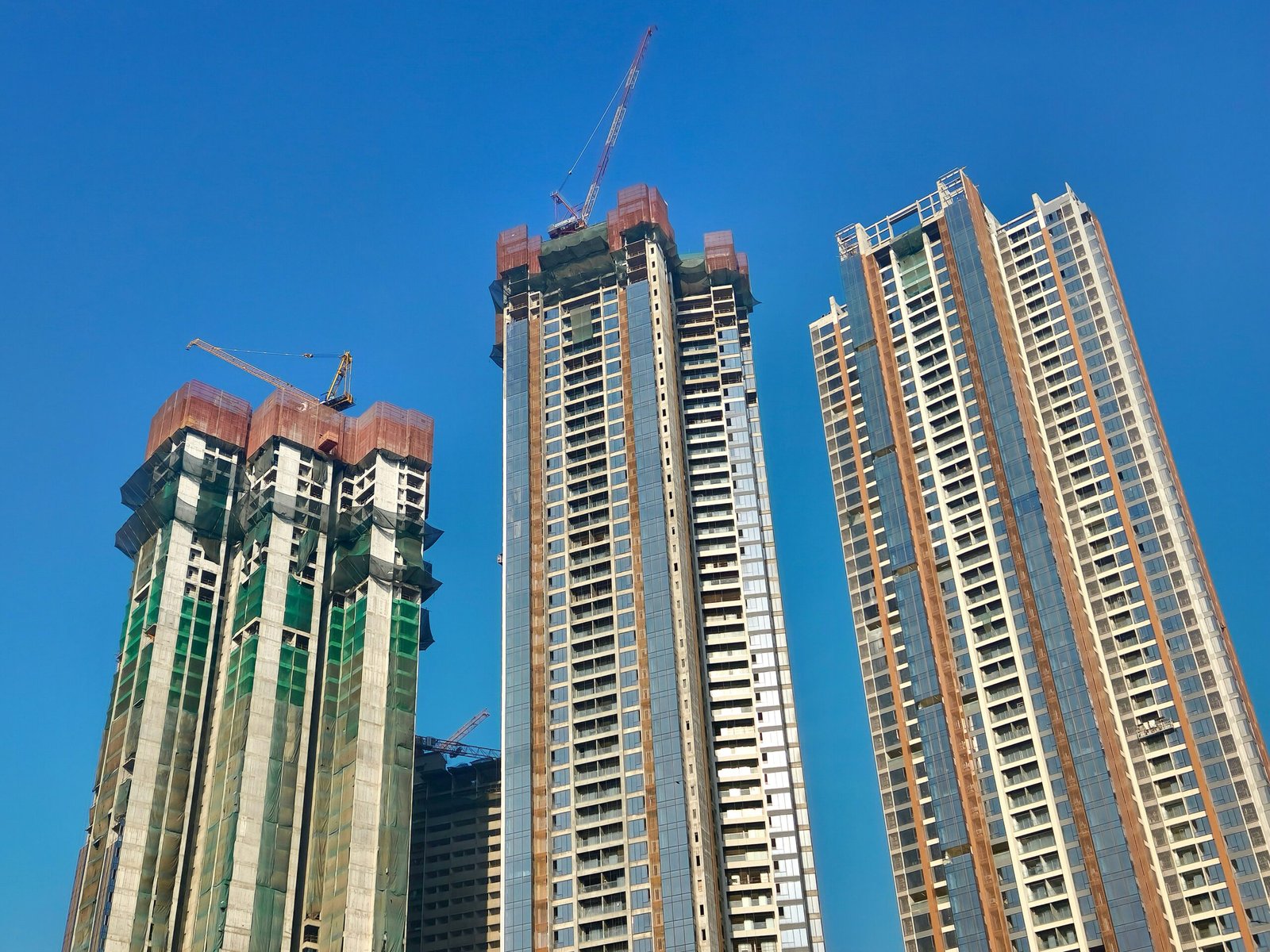Right Construction Company for Your Project Choosing the right construction company significantly hinges on your ability to clearly define the scope and requirements of your project. The first step in this determination is to categorize the nature of construction work required. Projects can range from


